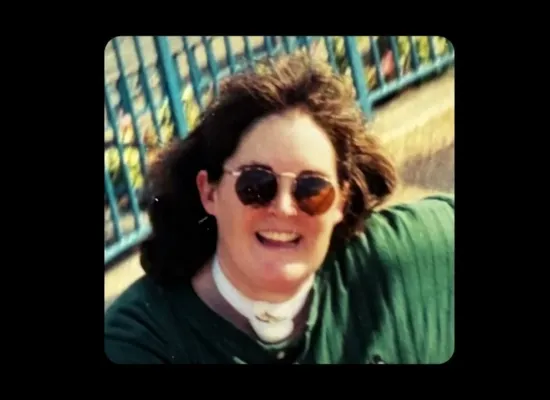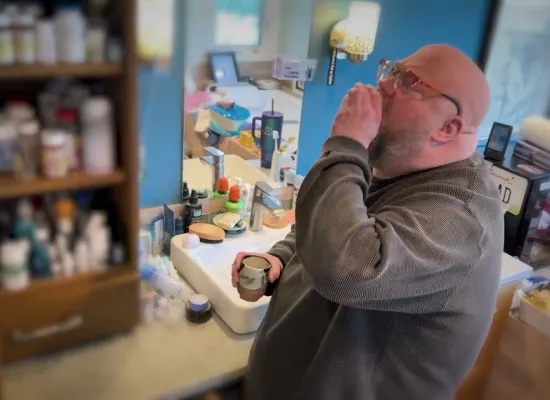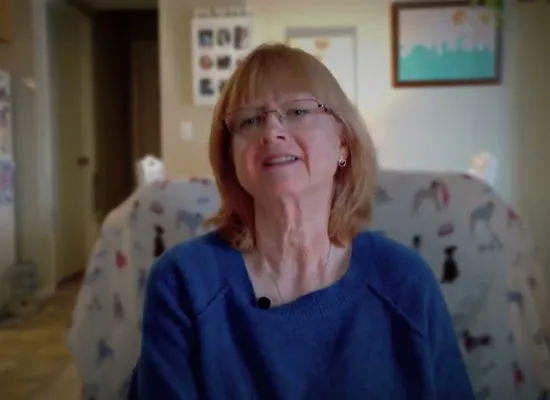
Kevin's Patient Story: Sickle Cell
Meet Kevin Wake, a 57-year-old sickle cell warrior from Kansas City, who shares his personal journey living with this lifelong genetic blood disorder. He describes the daily challenges of pain, ongoing treatments, and resilience required to manage his health while advocating for comprehensive care, consistent treatment protocols, and stronger patient involvement in healthcare decisions. Kevin’s story is one of perseverance and hope, aiming to leave a legacy for future generations of sickle cell warriors.
Transcript:
I’m Kevin Wake, a 57-year-old sickle cell warrior living in Kansas City, Missouri, with my husband and our three rescue dogs.
Sickle cell is a genetic blood disorder that affects red blood cells. Instead of being round, the cells are shaped like a banana or a sickle, which causes them to get stuck together and block blood flow. Because of that, most patients also live with anemia.
I was diagnosed with sickle cell by mistake. My older brother became very sick and passed away unexpectedly. During his autopsy, doctors discovered he had sickle cell disease. Two days later, I was tested and diagnosed as well. My younger brother John was born two and a half years later and diagnosed at birth.
We were often sick growing up, but I owe everything to my parents. My mom, a nurse, was a strong advocate for us. She taught us not to let our sickle cell disease be an excuse—to live life fully despite it.
Since an early age, I’ve taken hydroxyurea, the gold standard medication for most sickle cell warriors. I also take medication for kidney disease and anticoagulants due to a history of stroke. Pain is the hallmark symptom of sickle cell—it can be excruciating, sometimes even painful to the touch.
Every four weeks, I go to the hospital for seven or eight units of blood. I call those my “human oil changes.” Thankfully, the prognosis for people with sickle cell is improving. With new therapies and treatments, we’re now seeing warriors live into their 60s and 70s.
There are a few things I hope healthcare providers and managed care organizations understand:
Comprehensive care matters. Sickle cell care isn’t just about treating crises or complications—it’s about the care that happens in between.
Follow established treatment guidelines. I’d love to see wider adoption of the protocols from ASH and NIH to avoid delays in treatment.
Include patients at the table. We should have a voice in shaping the policies that affect our care and our futures.
My goal is to leave a legacy for other sickle cell warriors—to help ensure that those who come after me have a better future.
I’m Kevin, and I’m a sickle cell warrior.
Featured News & Resources
See Full CalendarUpcoming Events
AMCP offers a wide variety of educational opportunities, from events and webinars to online training.








